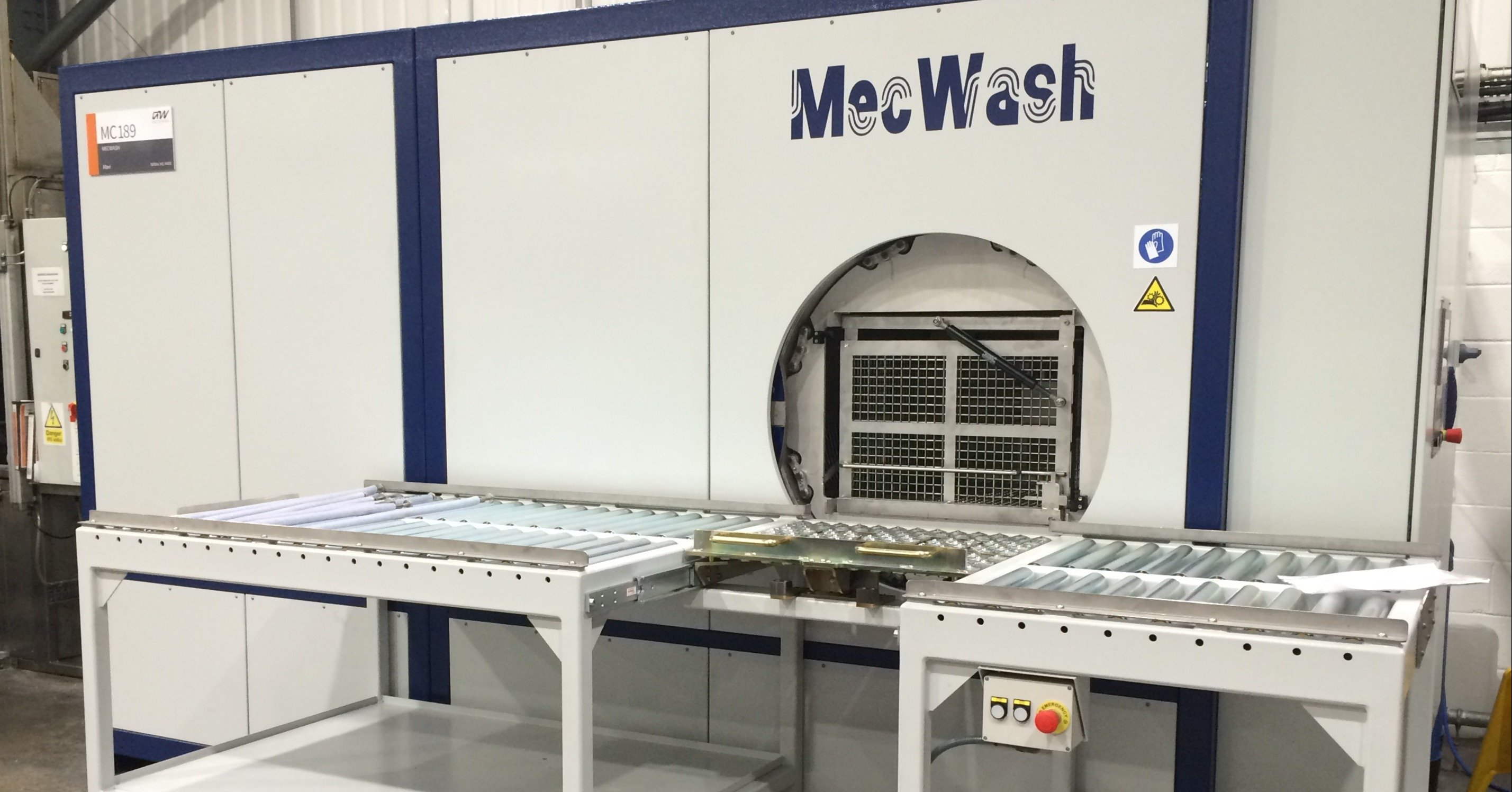Thinking about how clean a CNC machining supplier’s shop floor is may not seem like an important consideration as a buyer. After all, you’re probably much more likely to focus on lead times, cost and specification.
But in reality, how clean and organised a CNC machine shop is will tell you a huge amount about your potential machining supplier’s operations. A commitment to detail, care and safety will carry through the entire machining process; and that’s essential for every buyer.
Cleanliness
Cleanliness is absolutely essential for achieving specified tolerances in your part design. While a MecWash can clean individual parts, if the machines or tools in the shop generally are dirty with swarf or dust particles, this will have a serious impact on the tolerance capability of your supplier. A responsible and experienced supplier will be aware of this, ensuring machine and shop cleanliness is prioritised.
When you’re on a site visit, here are some areas to look out for.
- How clean are the external and internal parts of a machine?
- Take a look inside the machine too. Do the tools in there look clean?
- Make sure to look around the machines on the shop floor as well. Clean floors and walls will tell you a lot about how your machining supplier takes care of attention to detail. And it’s this attitude you want from your machining supplier.
Functionality
Regular cleaning allows suppliers to check and maintain machining components, ensuring that any parts that need replacing, adjusting or repairing are quickly noticed and actioned. As a buyer, this is a huge benefit – helping to prevent costly breakdowns and disruptions to your machining schedule, which will negatively impact your lead times and budget.
Health and Safety
As a buyer, the health and safety considerations of your supplier might not immediately seem a key concern of yours. But they are important assurances that your work is going to be completed safely and accurately throughout. Additionally, an untidy and accident-prone shop can disrupt your supplier’s machining schedule, and subsequently, your lead time and budget.
When you’re on your site visit, check if you can see an inconsistencies or irregularities. For example, can you see an air filtration system? Are health and safety regulations properly displayed and being followed by all staff?
Organisation
Shop floor organisation is a constant challenge for suppliers, but it’s crucial for effective machining systems. When you visit your supplier, check the following:
- Are things clearly labelled throughout?
- Are there distinct areas for swarf/machine waste?
- Is the machine layout efficient?
An organised machining shop floor will benefit your buying process in a number of ways, including:
- Reduced lead times. You want your parts as fast as possible. A continuous flow production machine shop will ensure maximum machining efficiency as they’ll be less WIP between operations. Read our blog for additional ways buyers can help to reduce lead times.
- Improved quality assurance. Any quality control issues are much more likely to be discovered in a shop floor with organised work flows. This will allow your supplier to take swift preventive or corrective action, reducing potential impact on lead time.
- Competitive price. A well organised shop floor maximises all parts of the machining process- people, material and input. Disorganisation leads to higher costs, and these will ultimately be passed on to you as the buyer.
Conclusion
While the cleanliness and tidiness of a CNC machine shop may not automatically seem a key buying consideration, it is really important. A tidy and clean CNC machine shop will produce parts that are in tolerance, to the required schedule with minimum disruption. Put simply, the machine shop floors acts as your supplier’s ‘shop front’- so make sure you assess it properly on your site visit.

For more useful information on buying machined parts, download our free Machining Buyer’s Guide eBook.

 Get in touch
Get in touch
